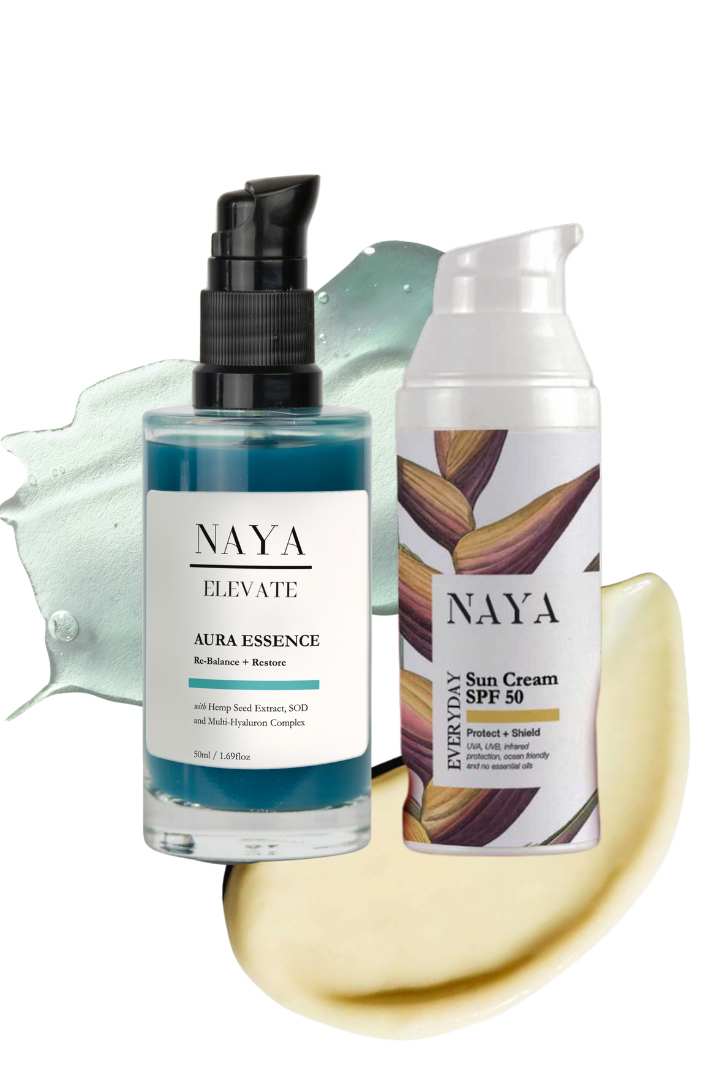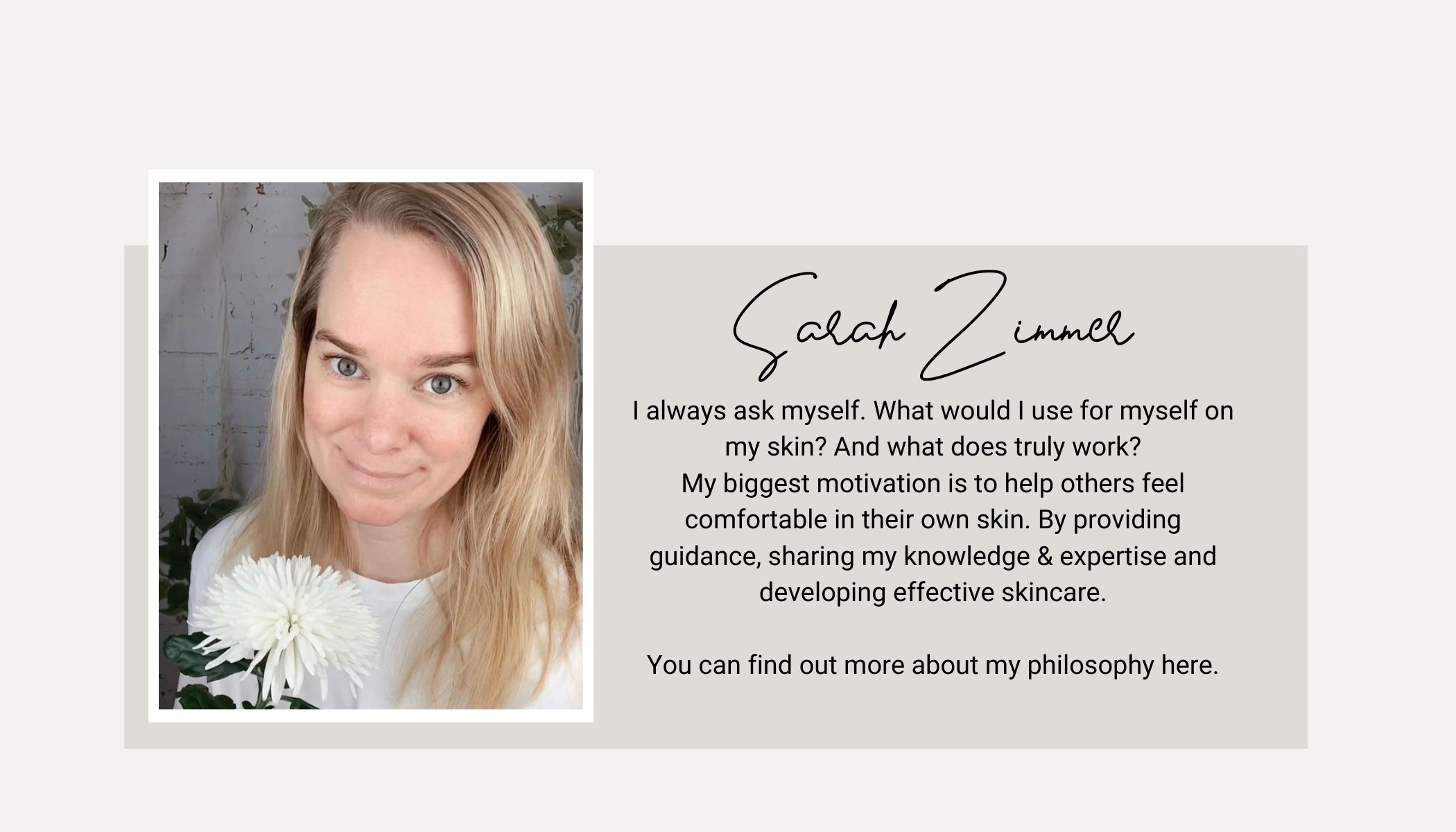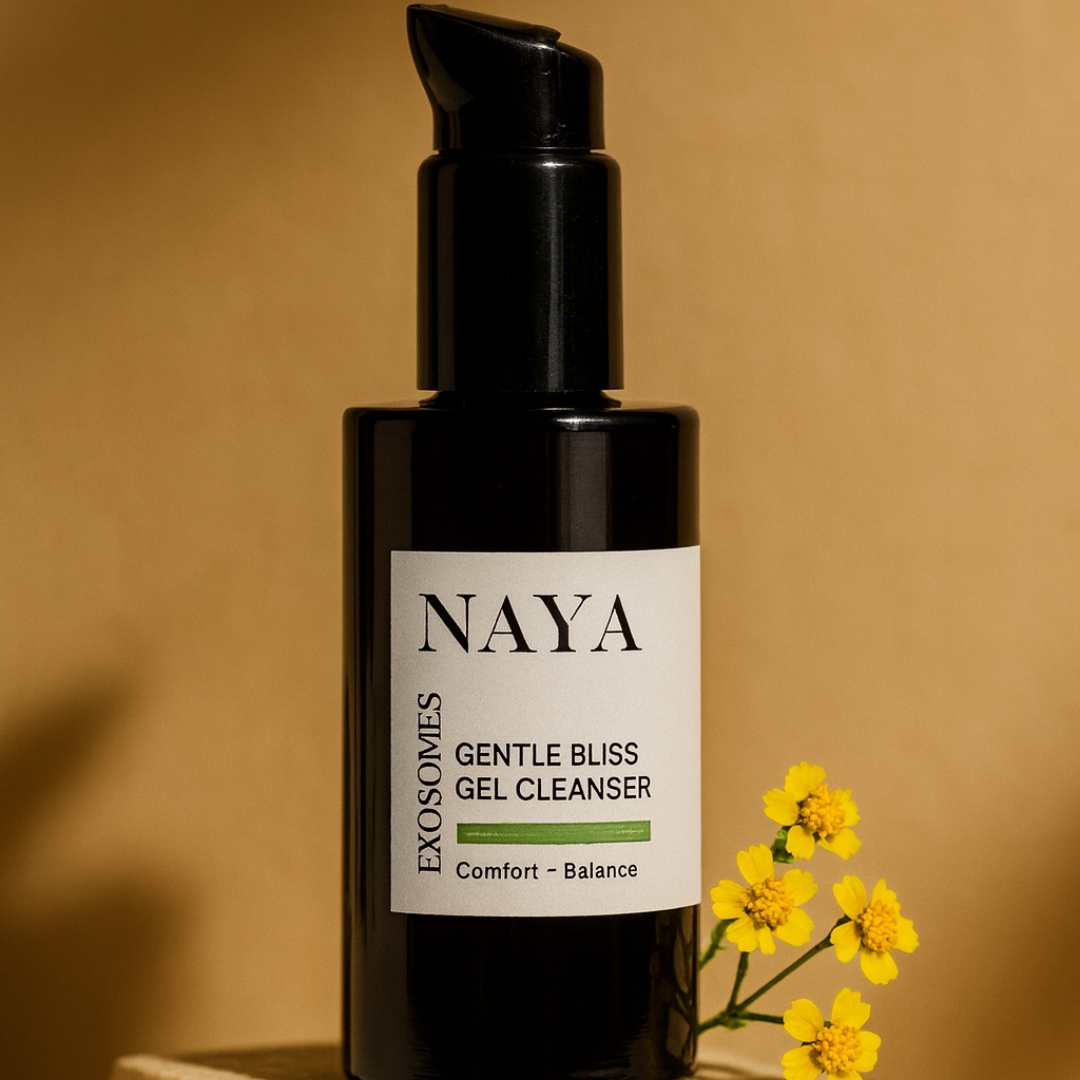How to have clear skin? 10 Tips For Clear Skin
Your Clear Skin Checklist: 10 Expert Habits for a Healthier, Acne-Free Complexion
Achieving a radiant, healthy complexion goes beyond applying a few skin care products. It involves understanding your unique skin need, building a consistent care routine, and considering environmental factors that impact the layer of the skin every day. Whether you’re struggling with acne-prone skin, skin irritation, or a diagnosed medical condition like atopic dermatitis, these 10 essential habits can support your skin barrier and help prevent flare-ups and sensitivity.
1. Prioritise Clean Tools and Hygiene
Your skin care routine should start with clean tools. Makeup brushes, facial rollers, and even your mobile phone can accumulate bacteria that disrupt the skin condition and clog pores. This can lead to breakouts or worsen existing issues in acne-prone or sensitive skin. Wash your tools regularly with a gentle cleansers and sanitise high-touch surfaces like your phone to protect the delicate layer of the skin from bacteria buildup.
2. Use Products That Suit Your Skin Type
Choosing the wrong skincare products for your skin type—whether it’s oily skin, dry skin, or sensitive skin — can trigger a skin reaction. For example, using strong chemical exfoliants on sensitive skin can cause redness, burning, or irritation. Instead, build a care routine with products tailored to your skin’s needs, and consider professional guidance if you’re unsure which ingredients work best for your current skin condition.
3. Keep Your Routine Simple and Balanced
It can be tempting to try every trending serum or active ingredient, but an overloaded skin care routine can do more harm than good. Too many exfoliants or the overuse of retinoids and salicylic acid can disrupt the skin barrier, especially for acne-prone skin. Focus instead on restoring balance with a mild cleanser, hydrating steps like hyaluronic acid, and barrier-supporting ingredients that nurture rather than strip the skin.
4. Never Sleep in Your Makeup
Sleeping in makeup is one of the fastest ways to clog pores and cause a skin reaction. It allows dirt, oil, and environmental pollutants to linger overnight, interfering with the skin’s natural renewal process. Adopt a double cleansing method in the evening: start with an oil-based gentle cleanser to break down makeup, followed by a gentle facial cleanser to remove residual impurities.
5. Cleanse Your Face Twice Daily
Using a face wash both morning and night is not essential; mainly if you have acne-prone skin. Morning cleansing removes overnight sweat and bacteria, while evening cleansing clears makeup, pollution, and excess oil. This routine helps to remove dead skin cells and maintain a clean surface for applying moisturiser and other skin care products effectively.
6. Avoid Picking at Your Skin
Touching or squeezing blemishes often leads to inflammation, scarring, or delayed healing—especially in cases of sensitive skin or conditions like atopic dermatitis. Instead of interfering with your skin’s healing process, use targeted skin care products that address problem areas without damaging the skin’s surface.

7. Follow Guidelines for Actives and Exfoliants
Active ingredients such as chemical exfoliants, retinoids, or salicylic acid can be powerful allies—but only when used correctly. Introduce them slowly to avoid skin irritation or a flare-up, particularly if you have sensitive or acne-prone skin. Misusing these products often leads to a weakened skin barrier, so always follow usage instructions and balance them with nourishing, hydrating ingredients like hyaluronic acid.
8. Respond Quickly to Signs of Irritation
If a product causes stinging, itching, or a burning sensation, it may be triggering a skin reaction or allergic response. Pause your routine and simplify your regimen. Use only mild cleansers and calming ingredients like bisabolol or hyaluronic acid until your skin has recovered. Listening to your skin early helps prevent long-term damage and discomfort.
9. Moisturise—Even If You Have Oily or Acne-Prone Skin
It’s a common myth that oily skin doesn’t need to apply moisturiser. In reality, skipping this step can cause your skin to overproduce oil to compensate for dehydration. Apply moisturiser after every cleanse to lock in hydration and maintain balance. Choose lightweight, non-comedogenic skin care products designed specifically for oily or acne-prone skin types.
10. Make Sunscreen a Daily Habit
Sun protection is non-negotiable. Daily exposure to UV rays—whether from direct sunlight or through windows—can damage the layer of the skin, trigger flare-ups, worsen inflammation, and accelerate premature ageing. Use a broad-spectrum sunscreen suited to your skin type every morning, even on cloudy days.
Conclusion
Clear skin doesn’t come from one miracle product—it’s the result of smart, consistent habits that support your skin’s overall health. Whether you’re managing a medical condition like atopic dermatitis or dealing with occasional flare-ups, understanding your skin type, choosing the right skin care products, and responding to your skin’s needs can make all the difference. From choosing the right mild facial cleanser to protecting your skin from environmental factors, every small step counts.
Still unsure what your skin needs? Book a 1:1 skin consultation with our founder Sarah to get personalised advice tailored to your unique skin care routine.













Leave a comment